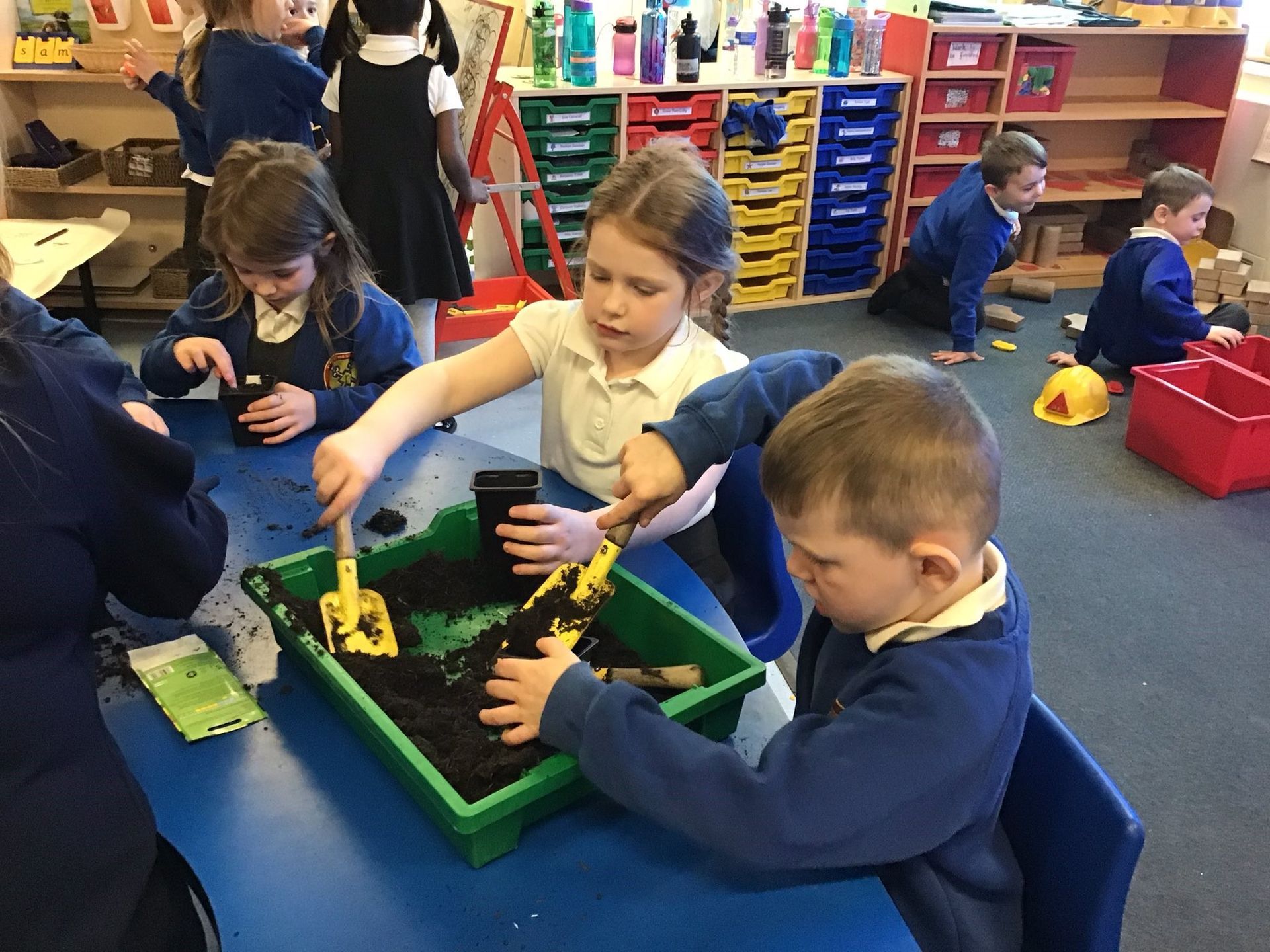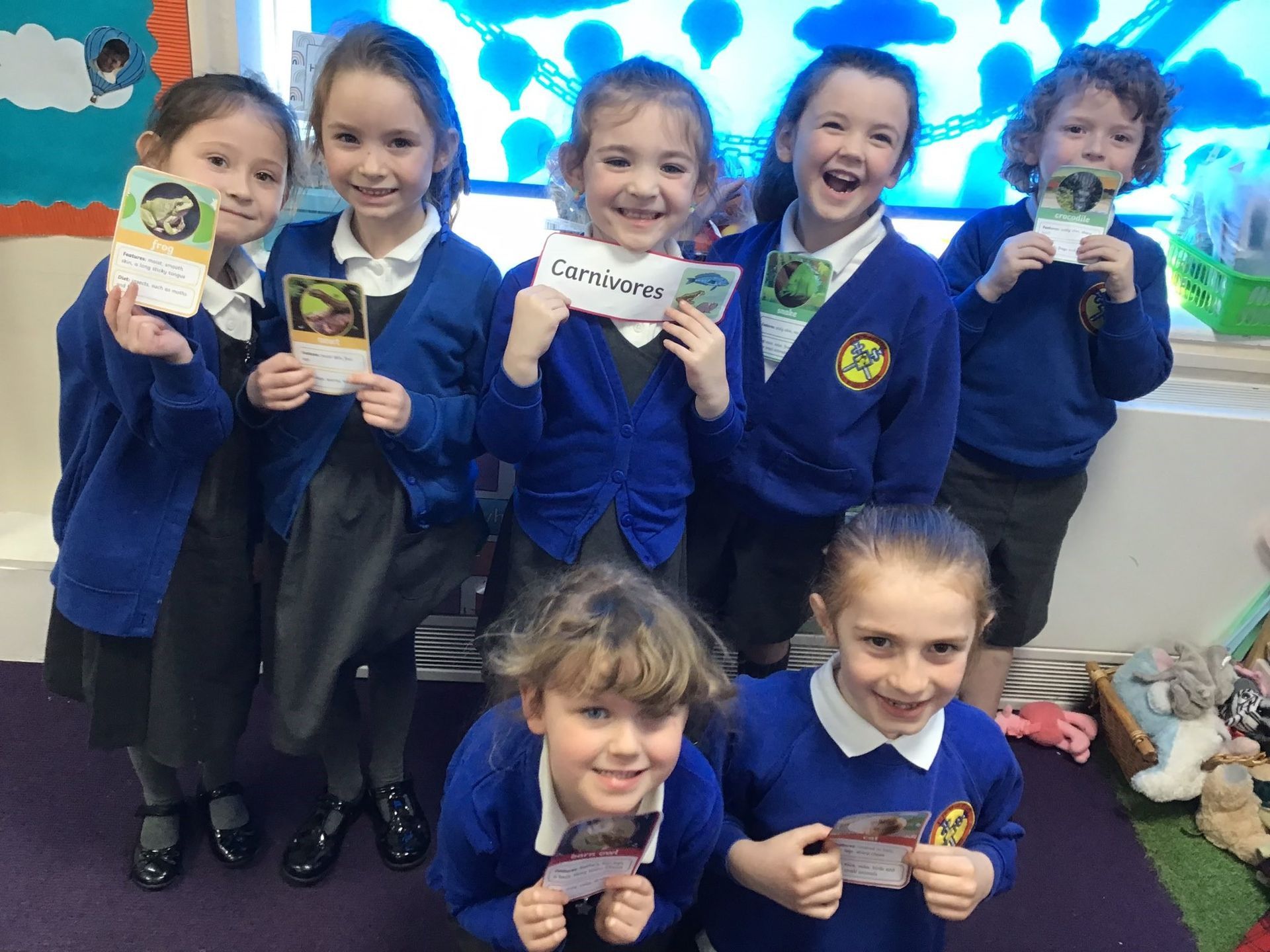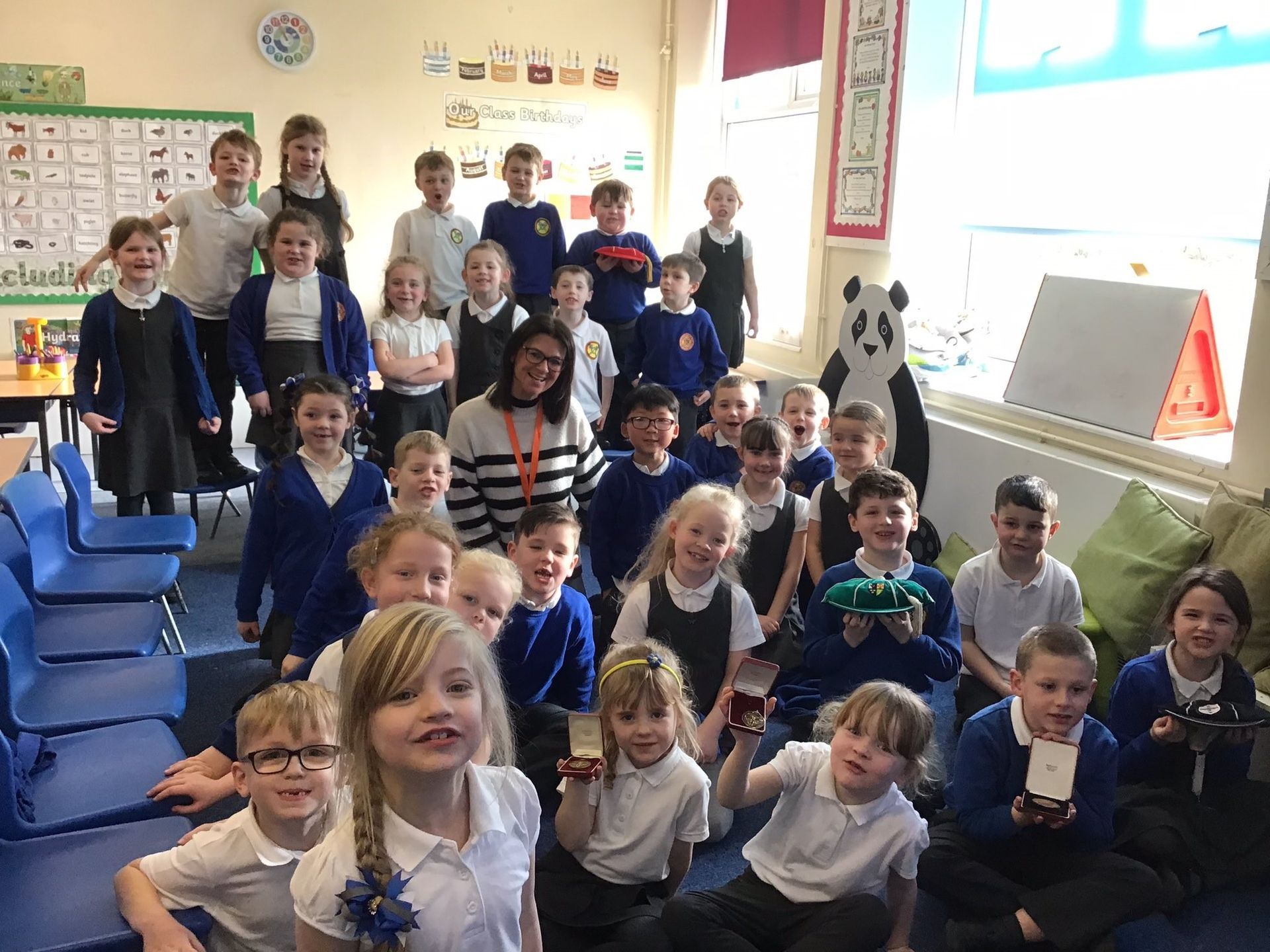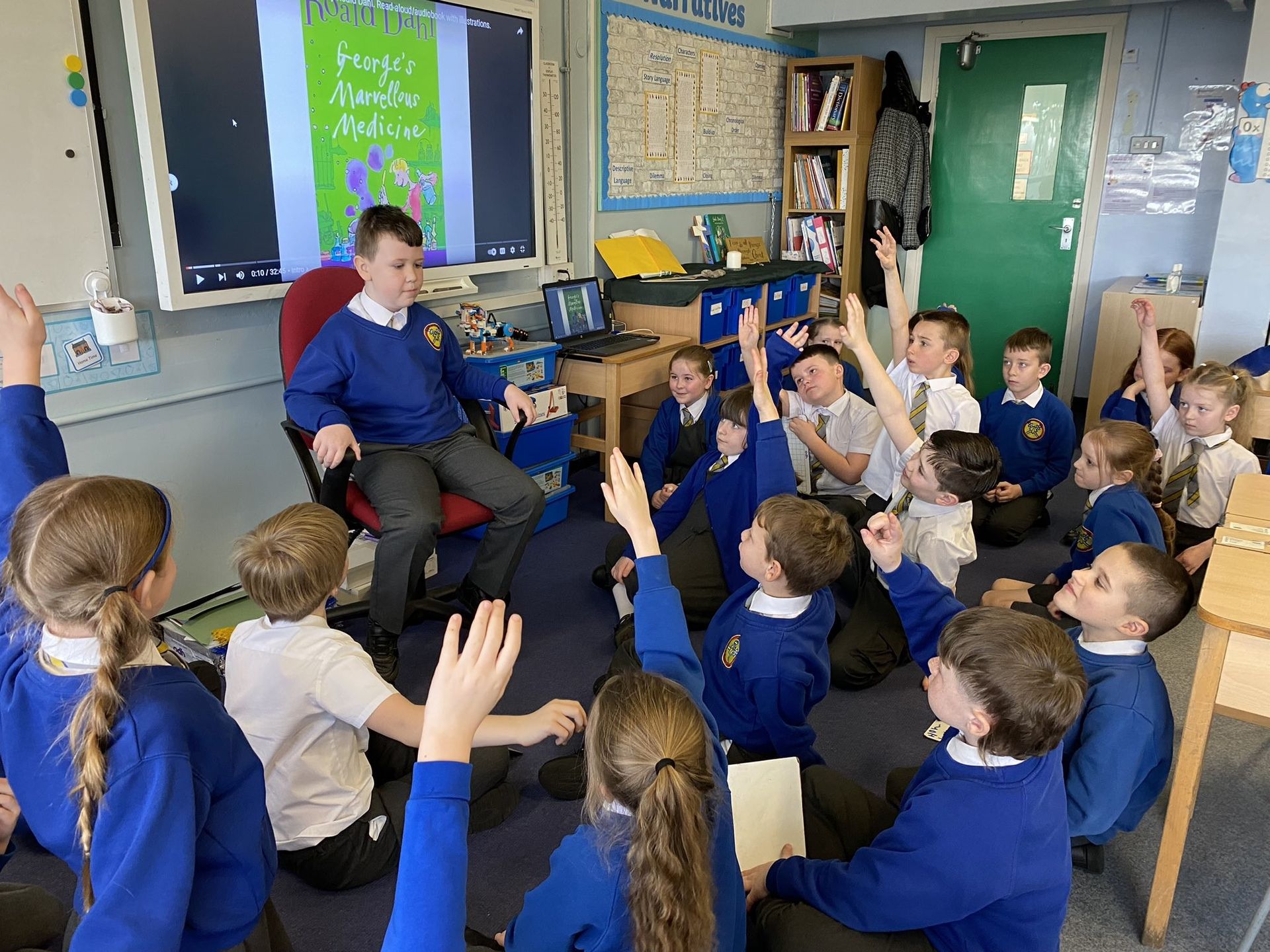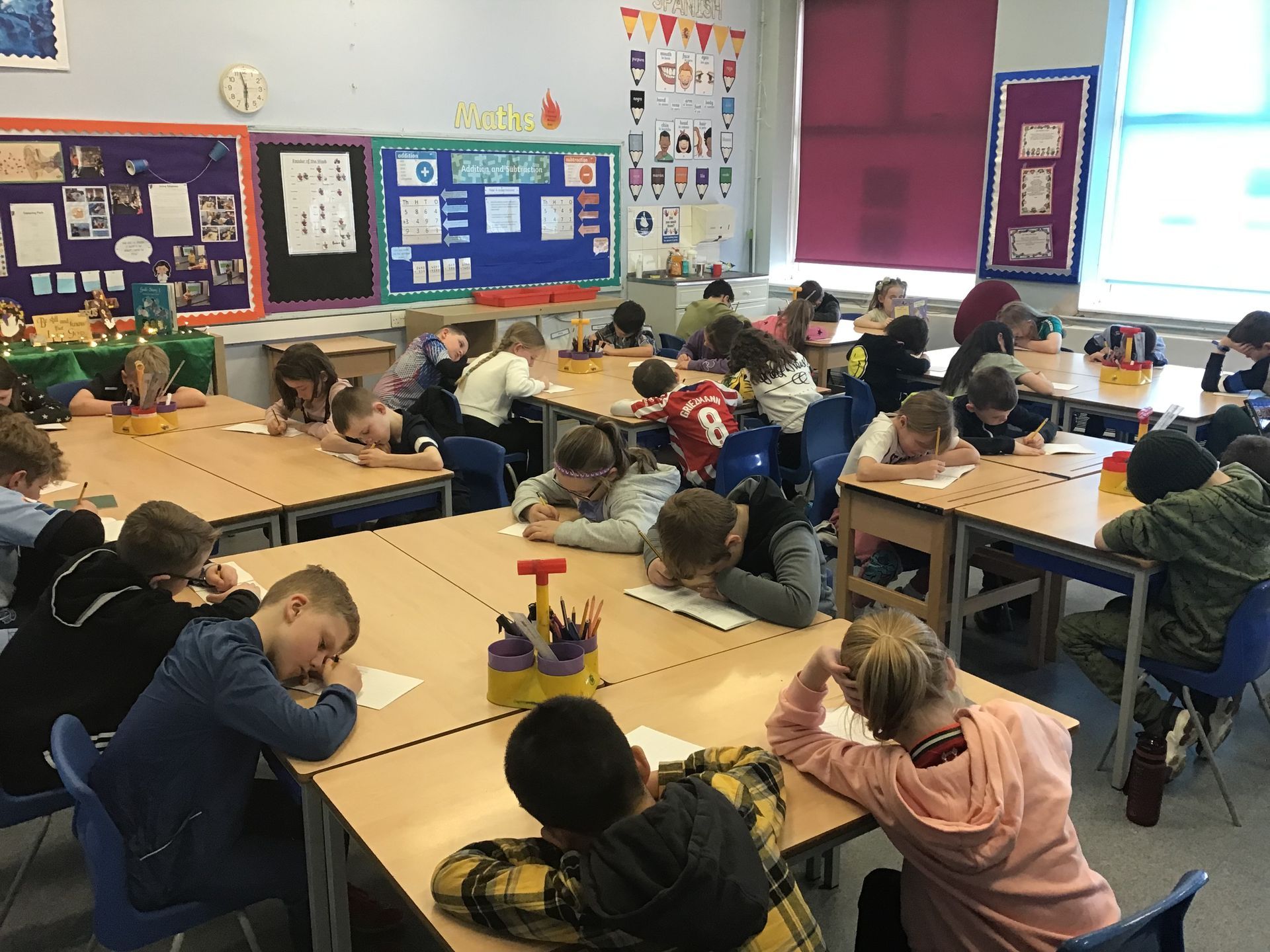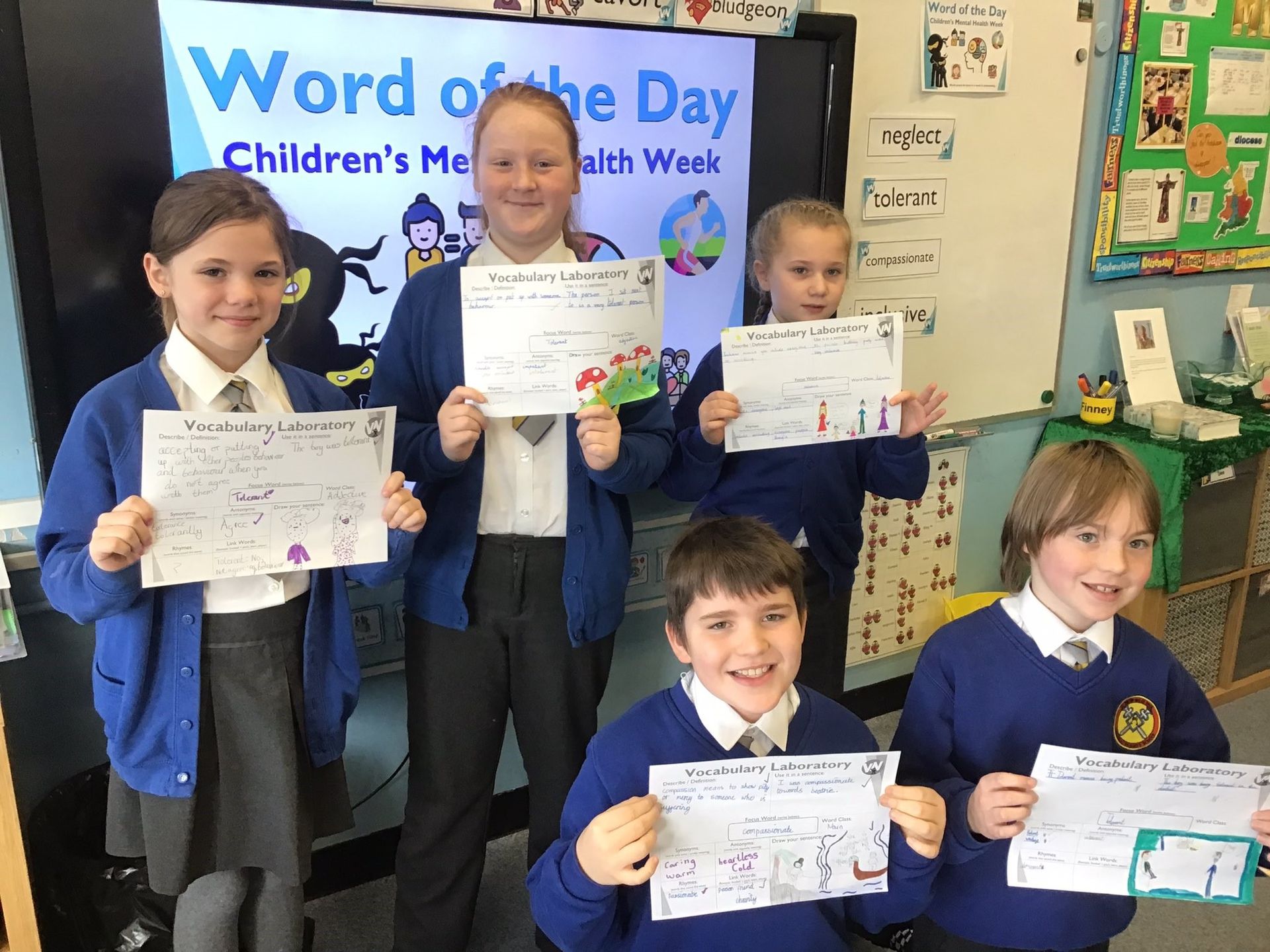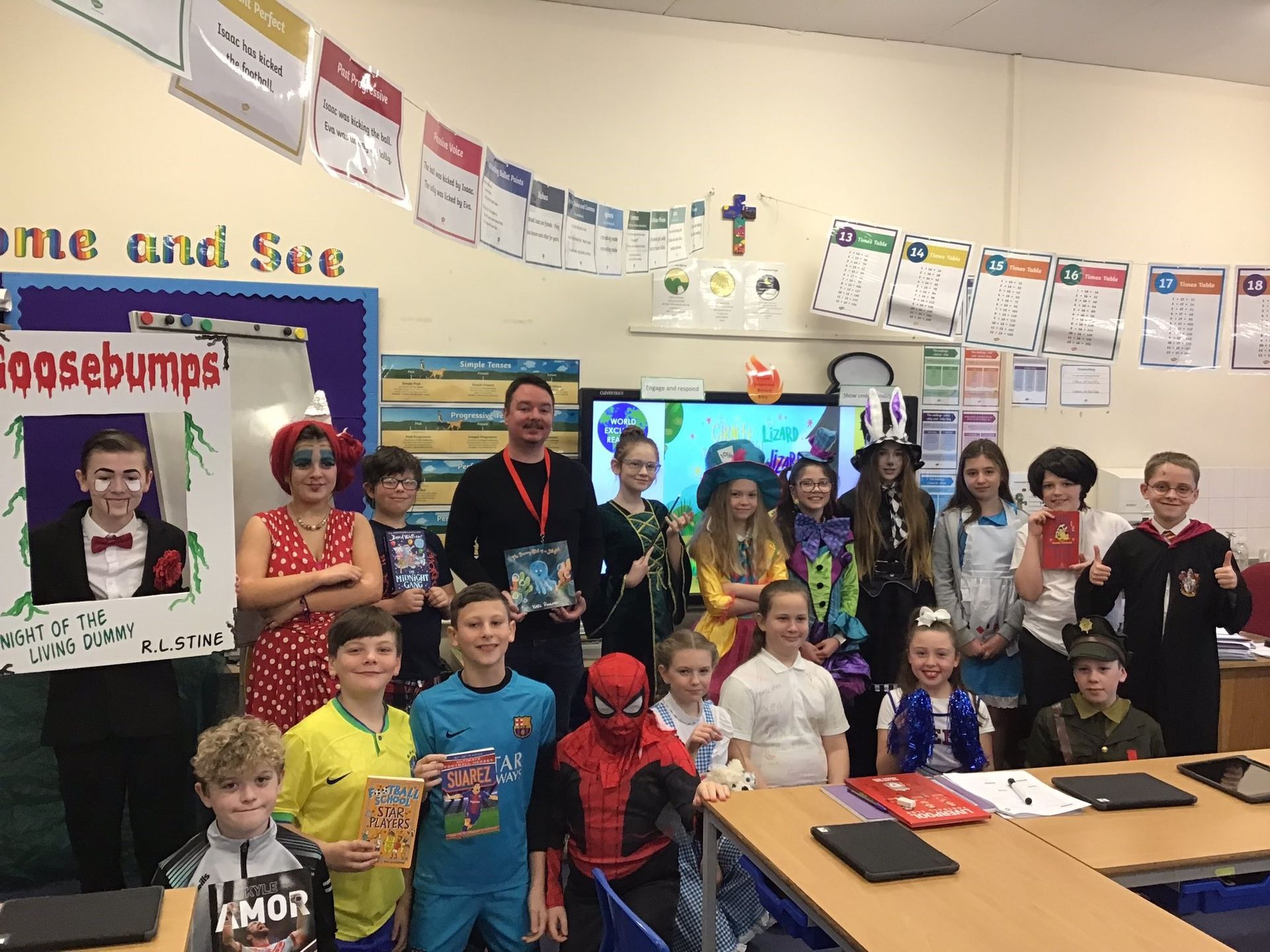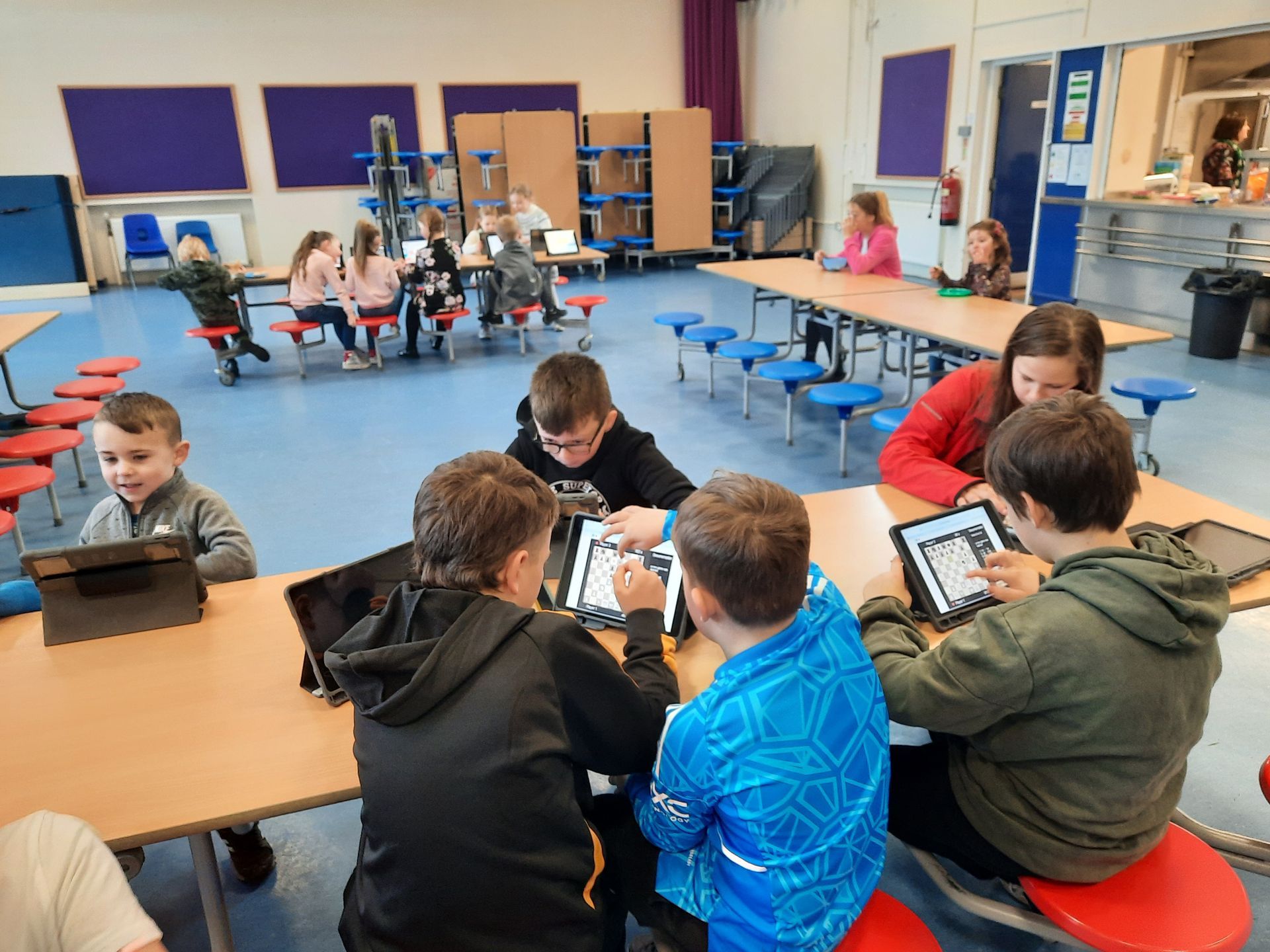Geography
Curriculum Intent
At St. Peter and St. Paul Primary School we believe that Geography helps to provoke and provide answers to questions about the natural and human aspects of the world.
- To enable children to ask and answer questions about the geography by using a Big Question approach.
- To enable children to develop a greater understanding and knowledge of the world, as well as their place in it.
- The geography curriculum at St. Peter and St. Paul Catholic Primary School enables children to develop knowledge and skills that are transferable to other curriculum areas and which can and are used to promote their spiritual, moral, social and cultural development.
- To inspire in children a curiosity and fascination about the world and its people which will remain with them for the rest of their lives; to promote the children’s interest and understanding of diverse places, people, resources and natural and human environments, together with a deep understanding of the Earth’s key physical and human processes.
- To develop knowledge and skills that are progressive, as well as transferable, throughout their time at St. Peter and St. Paul Catholic Primary School and also to their further education and beyond.
- To help our staff teach about the Earth and its features, we use a growing collection of resources to further learning.
- We have also made sure that every scheme of work is age-appropriate and covers National Curriculum objectives for Geography.
- Key terms and vocabulary are introduced and defined when appropriate, ensuring your pupils develop the language necessary to understand and explain geographical features, places, activities and processes.
- To celebrate their achievements and learning through a ‘Big Finish’.
Implementation
At St Peter and St Paul’s Catholic Primary School Geography is taught by the class teacher, and organisation of the lesson will be dependent on the needs and abilities of children in the class. Planning for Geography ensures that the subject receives its correct time allocation and allows progression over the key stage. The scheme of work will cater for children and all their individual learning needs. Teachers will consider all learning styles of the children and this will be reflected in their lessons. Children are encouraged to answer geographical questions and also ask geographical questions.
- Geography at St. Peter and St. Paul Catholic Primary school is taught in blocks throughout the year, so that children can achieve depth in their learning.
- Teachers have identified the key knowledge and skills of each blocked topic and consideration has been given to ensure progression across topics throughout each year group across the school.
- The Big Question/Inquiry Cycle has four stages. Further details of each stage are explained below:
- Tuning in - Students will develop some initial responses to the Big Question.
- Zooming In - You will then guide the students through a series of focused case studies which are carefully aligned to the Big Question.
- Making Meaning - students will return to the Big Question and explore how their understanding has changed and deepened over the unit. They will then apply their understanding in some kind of assessment of learning.
- Getting engaged - students will apply their learning in their own lives. They will look at real life implications of what they have learned. Trips/visits will be part of this.
- At the beginning of each topic, children can convey what they know already as well as what they would like to find out. This informs the programme of study and ensures that lessons are relevant and take account of children’s different starting points.
- Consideration is given to how greater depth will be taught, learnt and demonstrated within each lesson, as well as how learners will be supported in line with the school’s commitment to inclusion.
- Cross curricular outcomes in geography are specifically planned for, with strong links between geography and other lessons identified, planned for and utilised.
- The local area is fully utilised to achieve the desired outcomes, with extensive opportunities for learning outside the classroom embedded in practice.
- The Early Years Foundation Stage (EYFS) follows the 2021 updated ‘Statutory framework for the early years Foundation Stage’, which aims for all children in Foundation Stage to have a wider ‘Understanding of the World’ by the end of the academic year
Impact
Outcomes in Geography and other subject books, evidence a broad and balanced geography curriculum and demonstrate children’s acquisition of identified key knowledge. Children review their successes in achieving the lesson objectives at the end of every session. Children also record what they have learned comparative to their starting points at the end of every topic. As children progress throughout the school, they develop a deep knowledge, understanding an appreciation of their local area and its place within the wider geographical context. Regular school trips provide further relevant and contextual learning. Teachers will assess children throughout their lessons from discussions, questioning and the answers that pupils provide. At the end of each unit of work in Key Stage 1 and 2, teachers will record achievement of pupils onto O Track, identifying if children are working below, expected or greater depth. In Reception, the class teacher to assess children alongside the Early Learning Goals, particularly in Understanding of the world. The class teacher will use this information to inform future planning. Feedback is given to the children as soon as possible, and marking work will be guided by the school's Marking Policy

